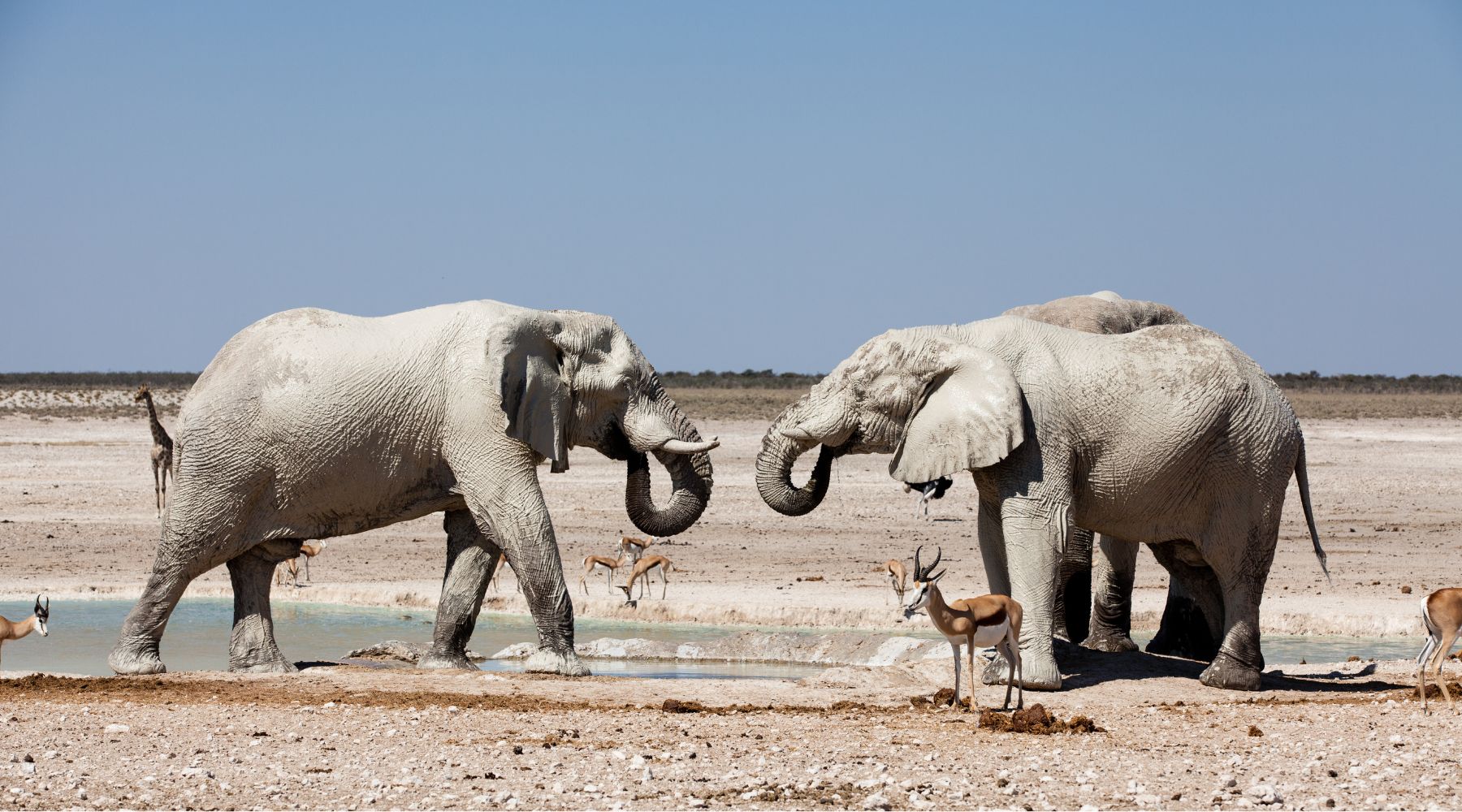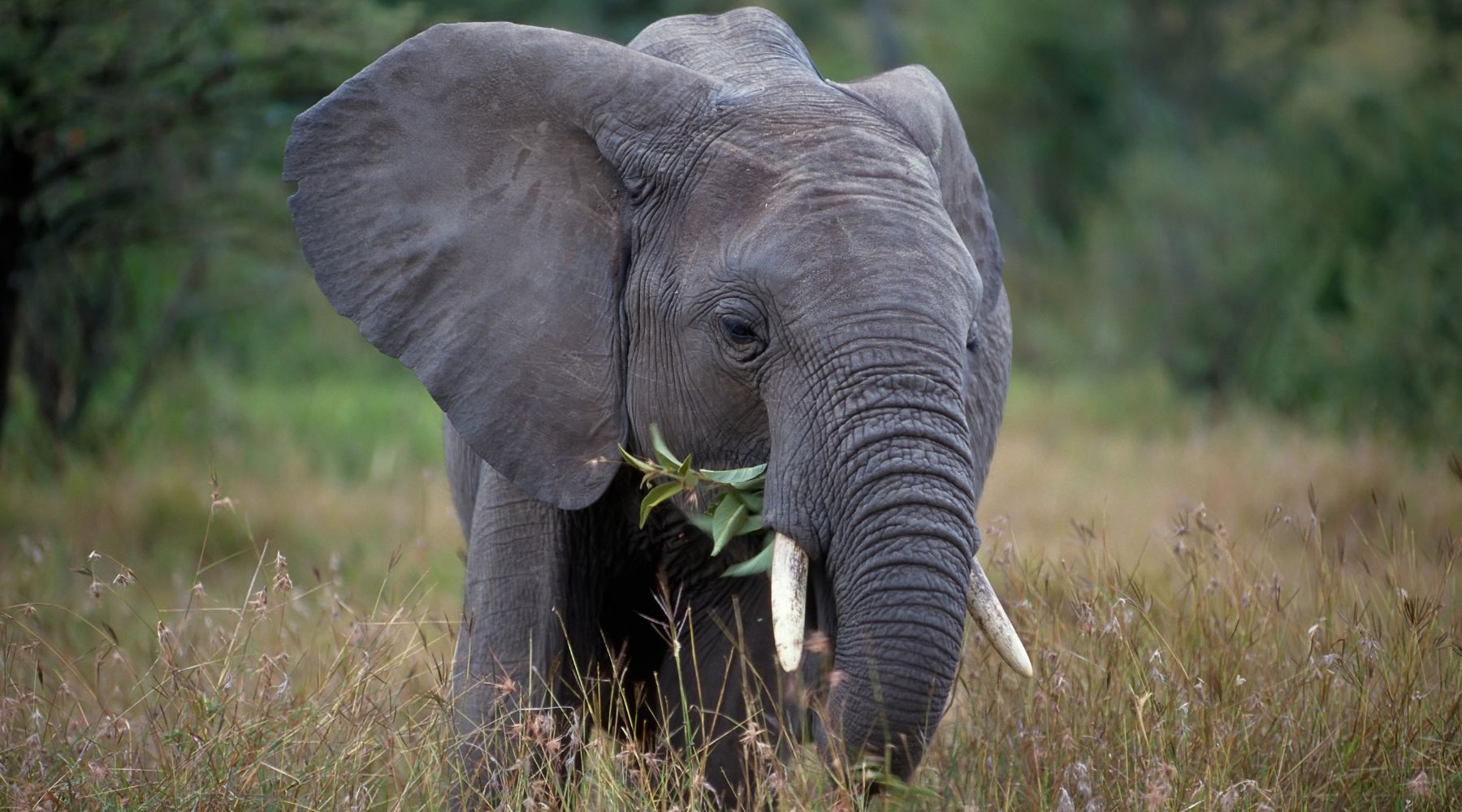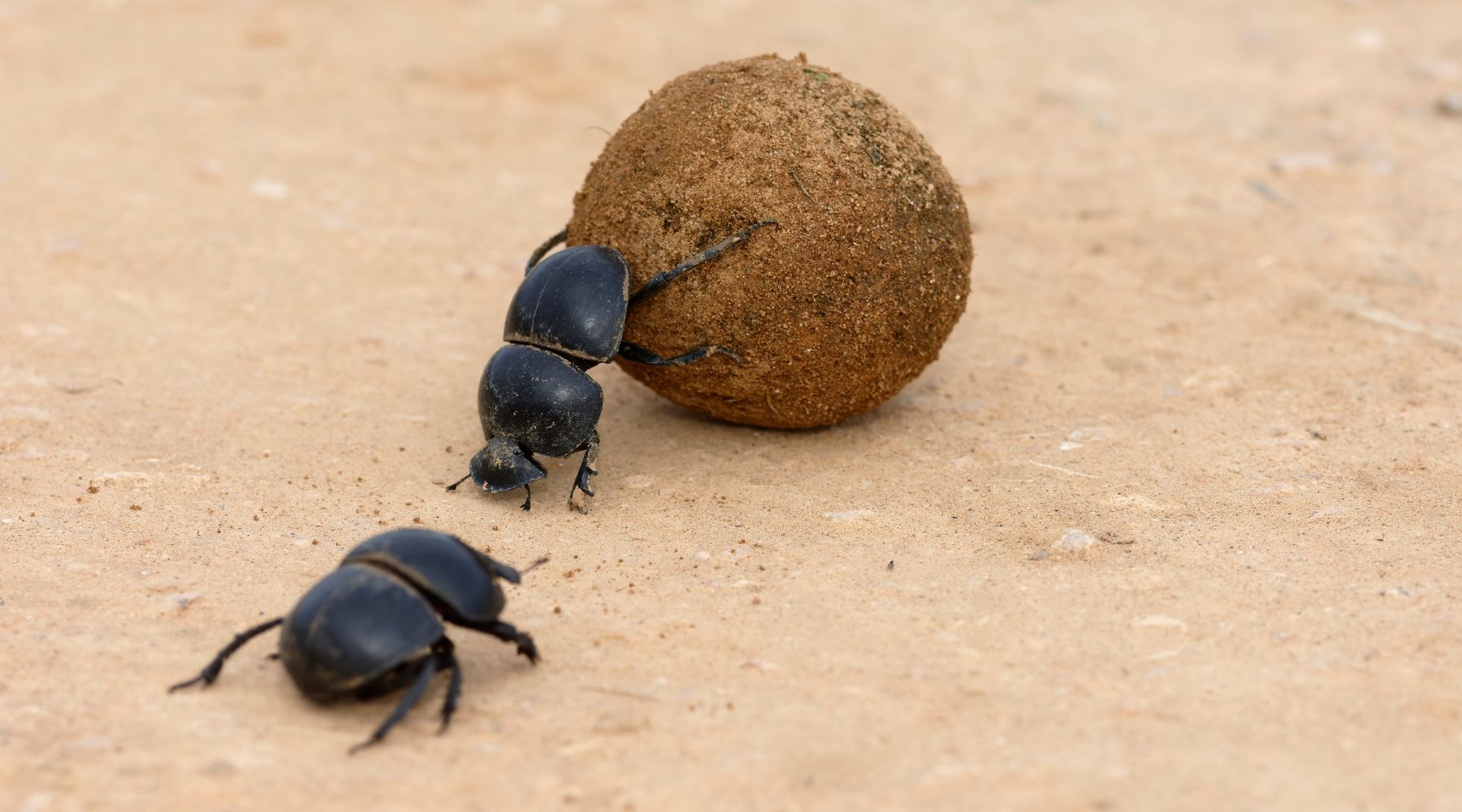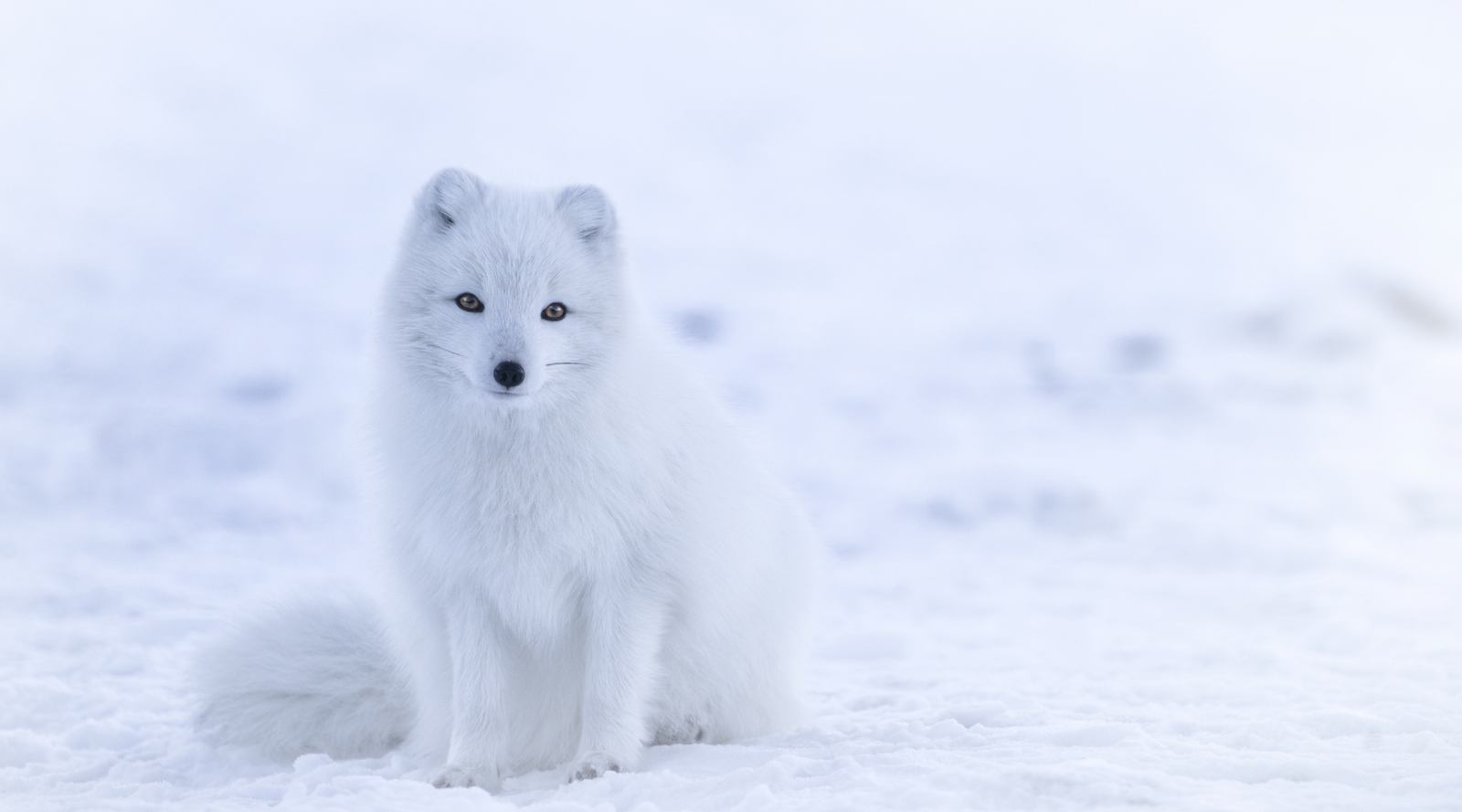Why Are Elephants a Keystone Species?
Certain species hold a special significance in maintaining the delicate balance of nature in ecosystems. Among these remarkable creatures, elephants stand out as one of the most iconic and vital keystone species. Why are elephants a keystone species? Learn more about the profound influence elephants have on their ecosystems below.

Why Elephants Are A Keystone Species
In Africa and Asia, elephants are nature's architects, sculpting landscapes and shaping habitats in profound ways. These majestic creatures are viewed as a vital keystone species. Here are some key reasons why elephants are a keystone species:
They're Highly Effective at Dispersing Seeds
Elephants are nature's gardeners! As large herbivores, they consume a variety of plant material, including fruits, leaves, and grasses. Because of their size, they're also able to eat large fruit that many other species are unable to consume. The seeds they ingest whilst eating pass through their digestive systems unharmed, then get deposited across vast distances through their dung. According to the University of Cape Town, research suggests that African elephants can disperse seeds up to 65 kilometers, which means they may transport seeds farther distances than any other land animal.
Elephants are therefore crucial in the dispersal of plants across the savanna. This seed dispersal maintains plant diversity and helps maintain the health of forests and grasslands.

Their Dung Provides Nutrients
In addition to helping to disperse seeds, elephant dung also helps to distribute nutrients throught their habitat. Their dung acts as a fertilizer, enriching the soil and promoting the growth of vegetation, which supports a wide range of species, from insects to large mammals.
They Provide Food For Dung Beetles
The benefits of elephant dung don't stop at seed dispersal and nutrient cycling! Another important way their dung contributes to the ecosystem is by providing food for dung beetles. As well as feeding on the nutrition in the dung, dung beetles also use it for their lavae - they roll it into a ball and bury it underground, which in turn helps to loosen tightly-packed soil and fill it with the rich fertilizer of elephant dung.
The beetle larvae buried in the ground is also food for creatures such as honey badgers - another indirect way elephants help other creatures to survive.

They Modify Their Environments
Elephants modify their environments through their feeding and browsing activities. Whilst moving through forests and savannas, they uproot trees, break branches and trample vegetation, which provides numerous benefits for other species that inhabit these environments.
Clearing spaces in forests provides pathways for smaller animals, plus it allows more light to reach the forest floor, providing the opportunity for plants to grow that otherwise wouldn't have been able to flourish. Elephants also help to keep savannas as open areas, allowing grasses to grow in abundance, which in turn provides food for other animals including zebra and antelope.
Knocking down trees and breaking branches also provides habitats for other creatures, as well as allowing smaller creatures to reach the fruits of trees they otherwise wouldn't have been able to have access to.
The destruction elephants cause has numerous benefits to the other creatures and plants that live in their environments, helping to support a diverse range of species.
They Create Waterholes
As well as the useful destruction of trees, another way these creatures cause destruction that's actually beneficial is by digging the ground to bring underground water to the surface. These newly formed waterholes are critical for other species to access drinking water during times of drought when water is scarce.
So, why are elephants keystone species? They don't just have an impact on a single species - their influence ripples through the whole ecosystem, shaping landscapes, maintaining biodiversity, and ensuring the survival of countless other species. It's no wonder they're so well loved and admired throughout the world, with their own special day to celebrate their contributions to the ecosystem and to raise awareness about the importance of protecting them. Celebrate these majestic creatures with our African Elephant and Geometric Elephant collections.
















Leave a comment (all fields required)